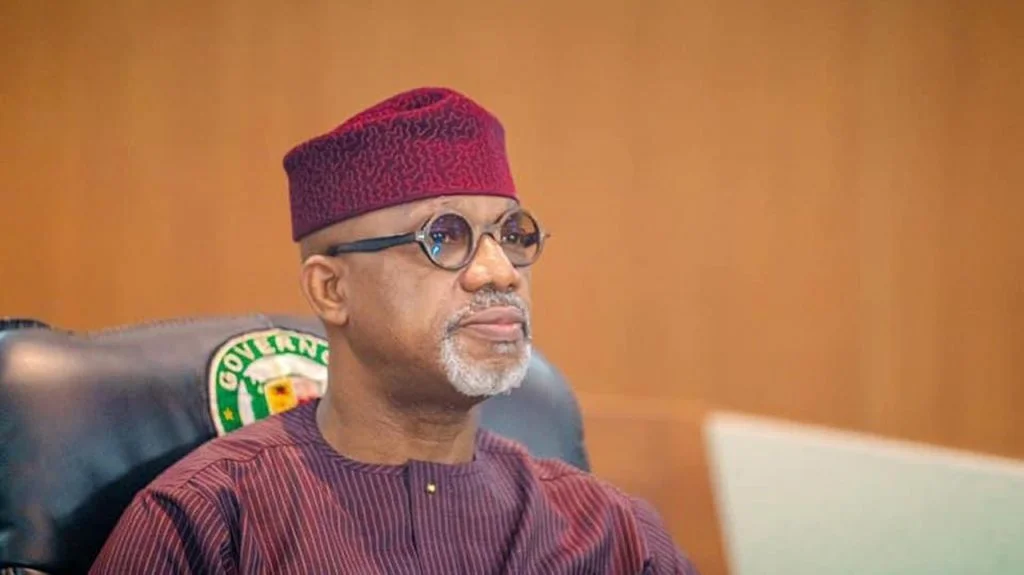Ojiri, British-Nigerian Art Dealer Pleads Guilty to Terror Funding
British-Nigerian art dealer Ochuko Ojiri has pleaded guilty to funding terrorism, marking a significant development in the global fight against terrorist financing.
Ojiri, a well-known figure in the art world, appeared at a London court on Friday, where he admitted to providing financial support to terrorist organizations.
The plea comes after a lengthy investigation by law enforcement agencies, which uncovered evidence of Ojiri’s involvement in funneling funds to extremist groups.
According to prosecutors, Ojiri used his art dealership as a front to launder money and channel funds to terrorist organizations.
The investigation revealed that he had been involved in a complex web of financial transactions, using his business to conceal the true purpose of the funds.
The guilty plea is a major breakthrough in the efforts to disrupt terrorist financing networks, which often rely on complex and sophisticated methods to move funds undetected. Ojiri’s case highlights the need for increased vigilance and cooperation between law enforcement agencies, financial institutions, and the art world to prevent the misuse of legitimate businesses for illicit purposes.
Ojiri’s art dealership, which had gained a reputation for showcasing works by prominent artists, was allegedly used to launder millions of dollars in funds, which were then channeled to terrorist organizations. The investigation found that Ojiri had established relationships with several extremist groups, providing them with financial support and resources.
The guilty plea has sent shockwaves through the art world, with many of Ojiri’s associates and clients expressing surprise and dismay at the revelation.
The art community has long been vulnerable to money laundering and terrorist financing, with some dealers and collectors unwittingly or knowingly facilitating the flow of illicit funds.
As Ojiri awaits sentencing, law enforcement agencies are continuing to investigate his network and identify other potential suspects.
The case serves as a reminder of the importance of due diligence and transparency in the art world, as well as the need for robust regulations and enforcement to prevent the misuse of art for illicit purposes.
The UK’s National Crime Agency (NCA) and the Metropolitan Police Service (MPS) have issued a statement praising the successful investigation and prosecution, highlighting the importance of international cooperation in disrupting terrorist financing networks.
“This case demonstrates the commitment of law enforcement agencies to tackling terrorist financing and the importance of collaboration between agencies and industries to prevent the misuse of legitimate businesses for illicit purposes,” said a spokesperson for the NCA.
Ojiri’s sentencing is expected to take place in the coming weeks, with the possibility of a significant prison term. The case is likely to have far-reaching implications for the art world, with renewed calls for increased transparency and regulation to prevent similar cases in the future.







